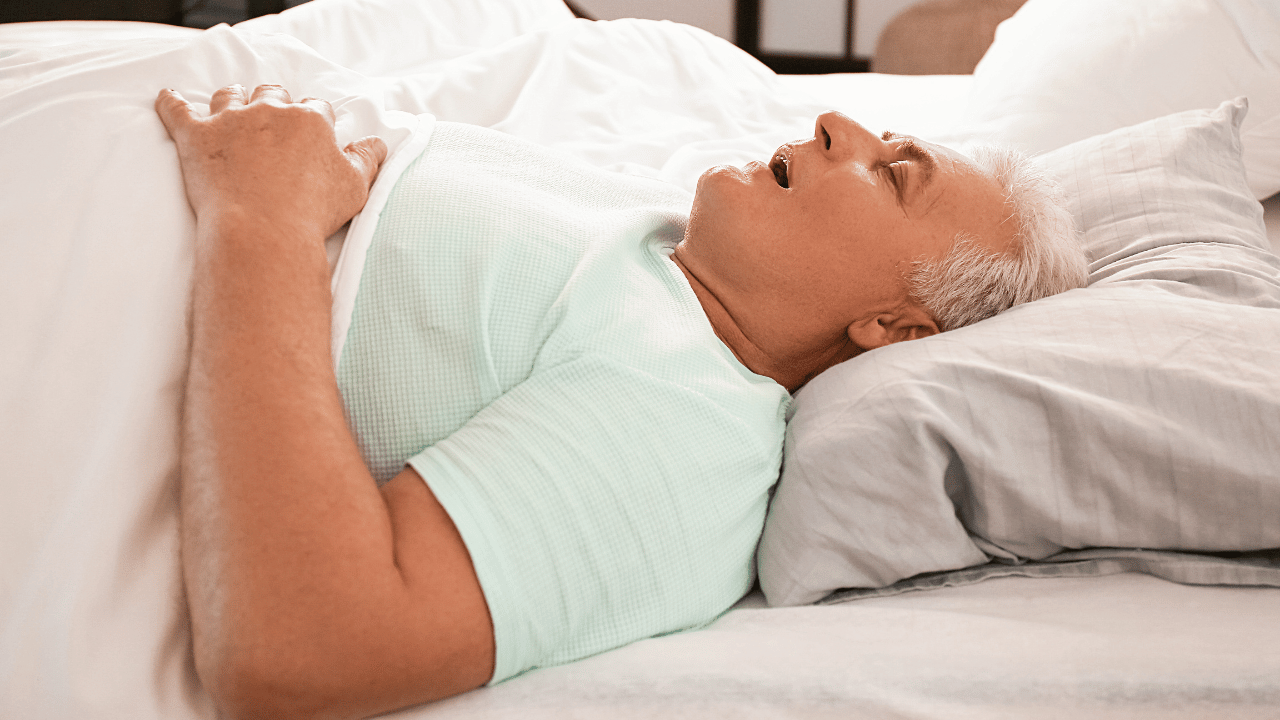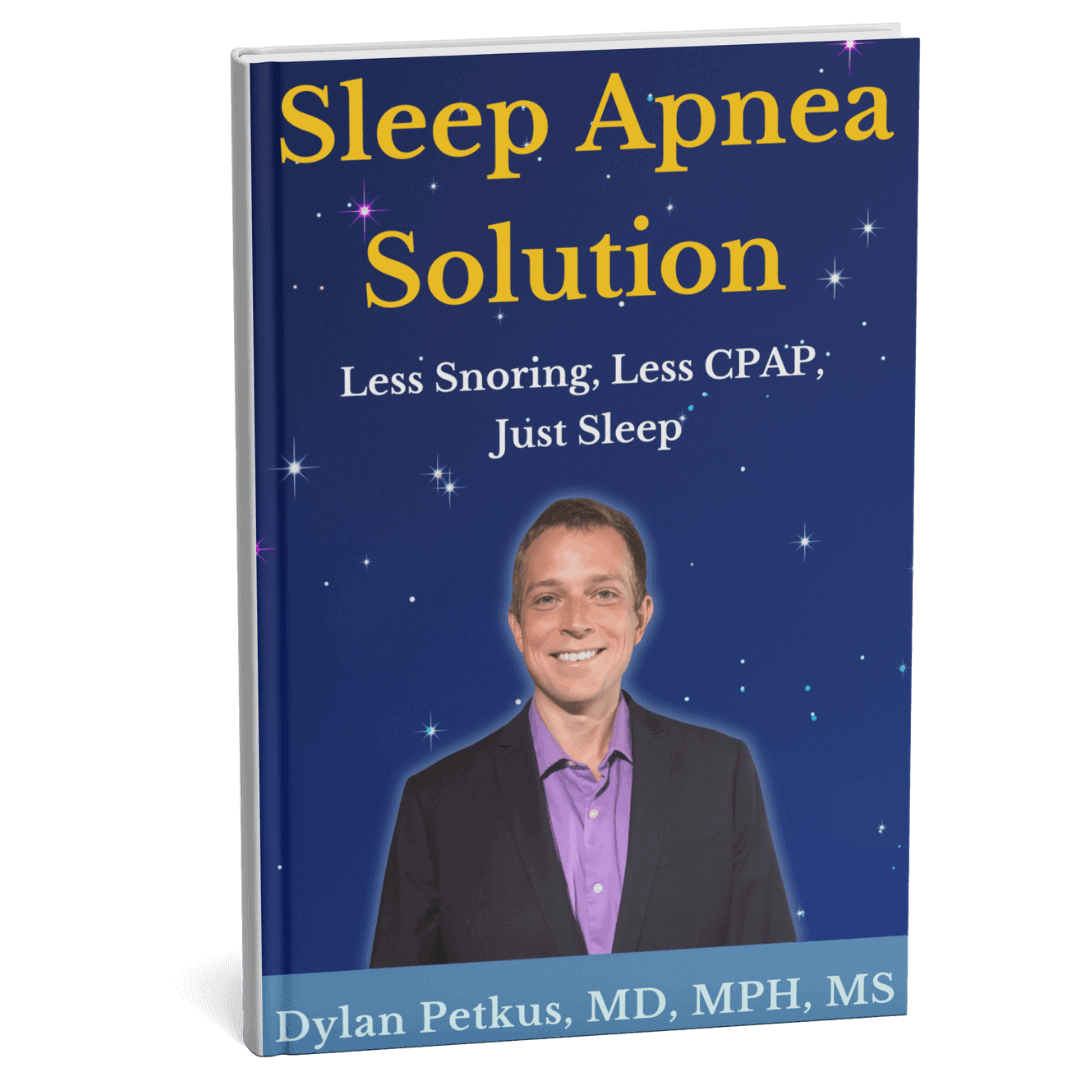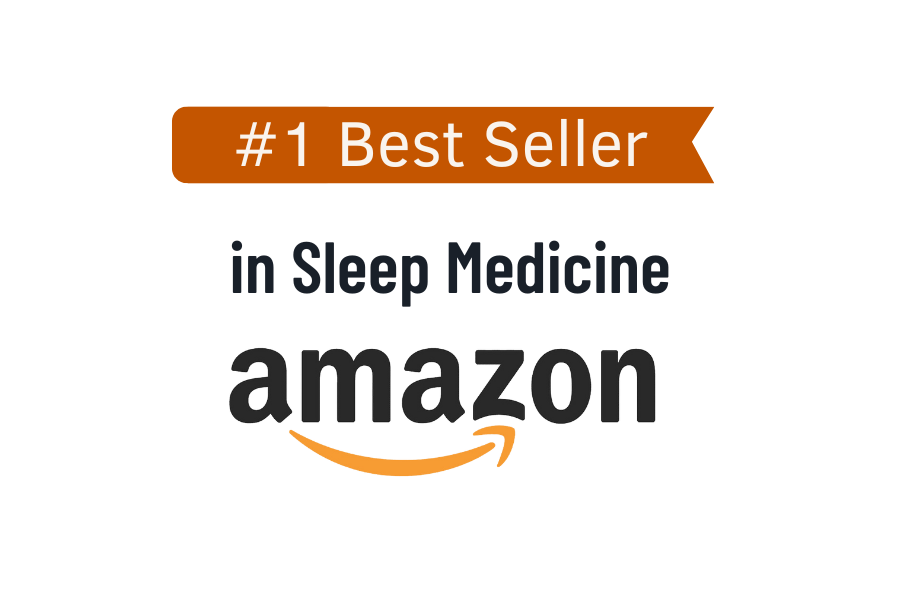Castor oil is popular for its laxative, moisturizing, anti-inflammatory, and anti-microbial properties. Recently, it has even made waves as an approach to sleep apnea, with users claiming that castor oil has helped them sleep better, deeper, and more consistently.
But is castor oil an effective natural medicine for sleep apnea? More studies need to be completed in order to accurately identify the benefits of using castor oil in aiding sleep-related issues. It may be useful, but it’s likely best as a complement to other approaches.
What Is Castor Oil?
Castor oil is a vegetable oil derived from the seeds of the Ricinus communis plant (castor plant). It’s considered important for its commercial value, because it’s largely used to manufacture soaps, lubricants, coatings, and other similar products.
Castor oil also contains properties that have made it valuable in the sphere of natural medicine. It’s been used for thousands of years for various purposes, like inducing labor, healing wounds, and treating constipation.

Benefits of Castor Oil
Castor oil is often marketed to provide a wealth of benefits, but how many of these benefits are supported by science? Here’s a quick look into the uses and benefits of castor oil, as well as its efficacy:
Laxative
The only FDA-approved health use for castor oil is as a natural laxative. It works by stimulating the muscle contraction in your intestines, pushing poop through your colon.
It’s used to relieve temporary constipation, as well as for bowel cleansing before relevant medical procedures, like a colonoscopy. Castor oil, however, isn’t recommended for long-term use as you could experience negative side effects.
Inducing Labor
Castor oil has been used for centuries to help induce labor in women. A 2017 study showed that women who consumed the castor oil cocktail to induce labor were able to give birth vaginally with little to no maternal or fetal complications. That said, its effectiveness is yet to be fully supported by rigorous research, so pregnant individuals should consult with a healthcare professional before consuming castor oil.
Anti-Inflammatory
Some research involving animals reveals that castor oil has anti-inflammatory abilities that can help fight swelling and related pain. A recent trial also points to evidence that it can be used for patients with knee arthritis as a nonsteroidal anti-inflammatory drug.

Healing Wounds
Castor oil has antibacterial and antimicrobial properties that may speed up wound healing, prevent infections, and reduce inflammation when it’s combined with other ingredients. However, you should only use it in this way under the direct supervision of a medical care provider.
Moisturizing
Castor oil contains fatty acids, so many believe that it has moisturizing effects. Its anti-bacterial and anti-inflammatory features are also said to help with fighting acne. Notably, there is currently no research to support these claims.
Can Castor Oil Help Overcome Sleep Apnea?
Much like in the case of other aids like melatonin for sleep apnea or marijuana for sleep apnea, there’s no substantial evidence that proves that castor oil can help overcome sleep apnea. However, some people say that it has helped them get longer hours of sleep at night.
To use castor oil to manage cases of insomnia, you can dab one to two drops of castor oil on your eyelids and rub them in, taking care not to get it into your eyes or to rub the oil into your feet.

Natural Sleep Apnea Remedies
If you’re looking for natural medicine for sleep apnea, check out our guide for the top supplements that you can use. You can also try our book, Sleep Apnea Solution, for more tips on how to naturally approach sleep apnea!



